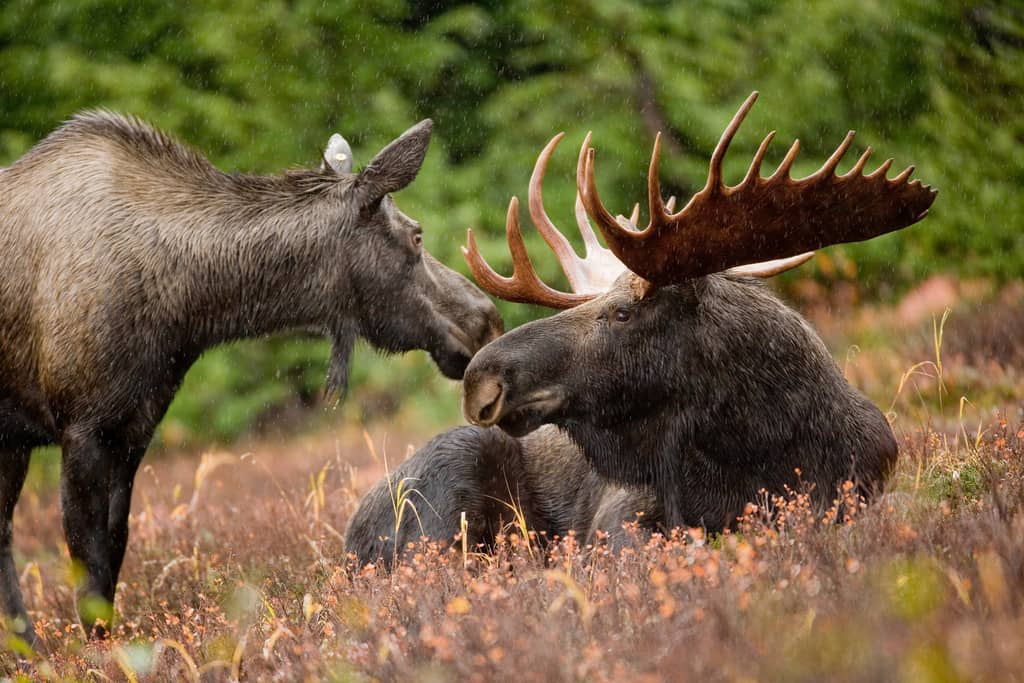Park in Canada Offers Free Flights for Moose Hunters
OutdoorHub Reporters 02.18.16

A park in Canada has been offering free helicopter flights to moose hunters, but recently drew controversy for how expensive the program has been. According to the CBC, a pilot program in Newfoundland’s Gros Morne National Park has so far spent $130,000 flying in hunters to remote areas to harvest moose, which officials say are causing numerous problems for the park. Gros Morne National Park has offered moose hunting since 2011 in an attempt to combat deforestation by the animals. To the surprise of some, moose are not actually native to Newfoundland and were actually introduced by humans in 1878 and again in 1904. Park officials say the animals are now threatening to overrun parts of the island and causing significant damage to the forest. The park is relying on hunters to manage the population, but accessibility remains a problem.
“We’ve got lots of little nooks and crannies that are kind of tucked away, given the size of the park, that really aren’t accessible to hunters,” Tom Knight, acting manager of resource conservation, told the CBC. “A lot of these valleys have had a lot of forest damage, because it seems like the moose kind of congregate there in the winter.”
That it makes it ideal to fly in hunters, harvest a lot of moose, and then fly back out. While some may say the program is overly expensive, others argued that hiring marksmen to do the job would cost just as much, and deprive the province of revenue generated by visiting hunters. Also, at least some of the hunters who fly in to Gros Morne are subsistence hunters from Nunatsiavut, who harvest moose to feed towns in Labrador.
According to Carl McLean, Nanatsiavut’s deputy minister of Lands and Natural Resources, the decline in caribou has made the moose in Gros Morne a natural alternative.
“Because we’re harvesting in remote areas, our hunters get dropped off by helicopter and they hunt on foot, and once they have an animal down, they call the helicopter back and they swing it out into the closest area that’s accessible by vehicle,” McLean told The Telegram.
The Nunatsiavut government pays the park for travel and expenses incurred. It is not known if those expenses are also accounted for in the $130,000 project budget.
Knight said that since 2011, up to 3,000 moose have been harvested by hunters. That accounted for nearly a 30 percent drop in the overall moose population, and is enough to see some forest regeneration. Park officials would like to continue the hunting program until the population reaches a healthy balance.

